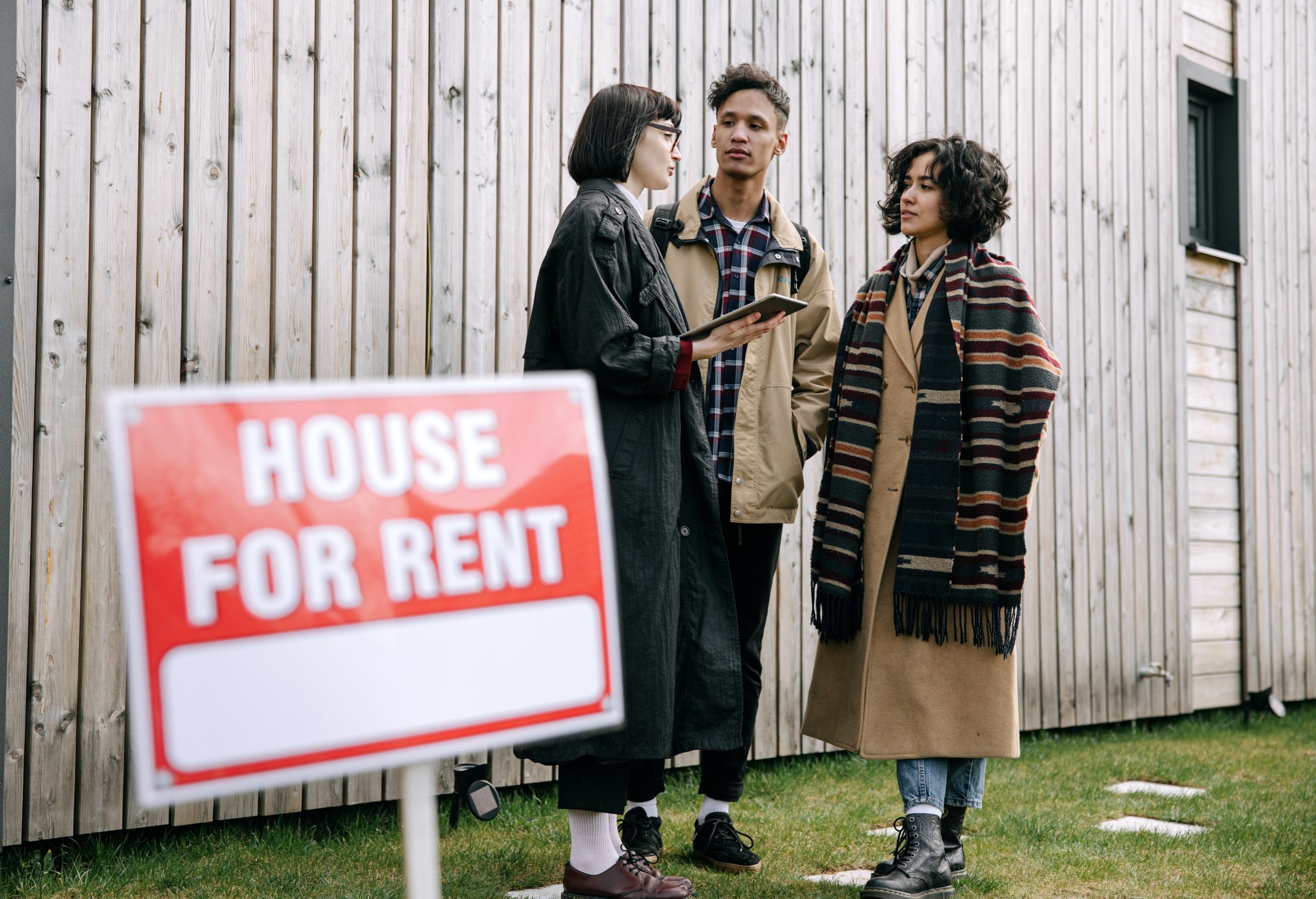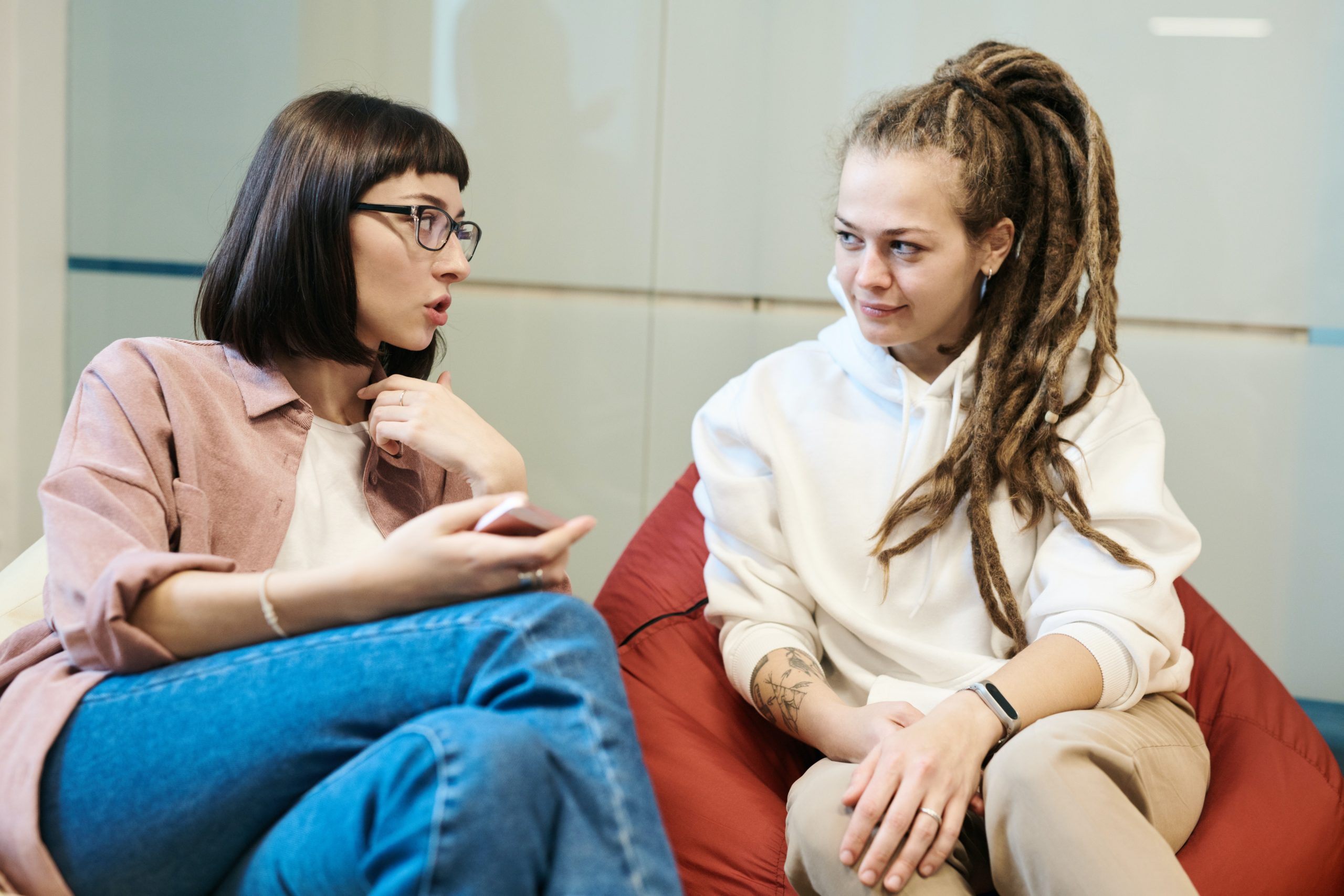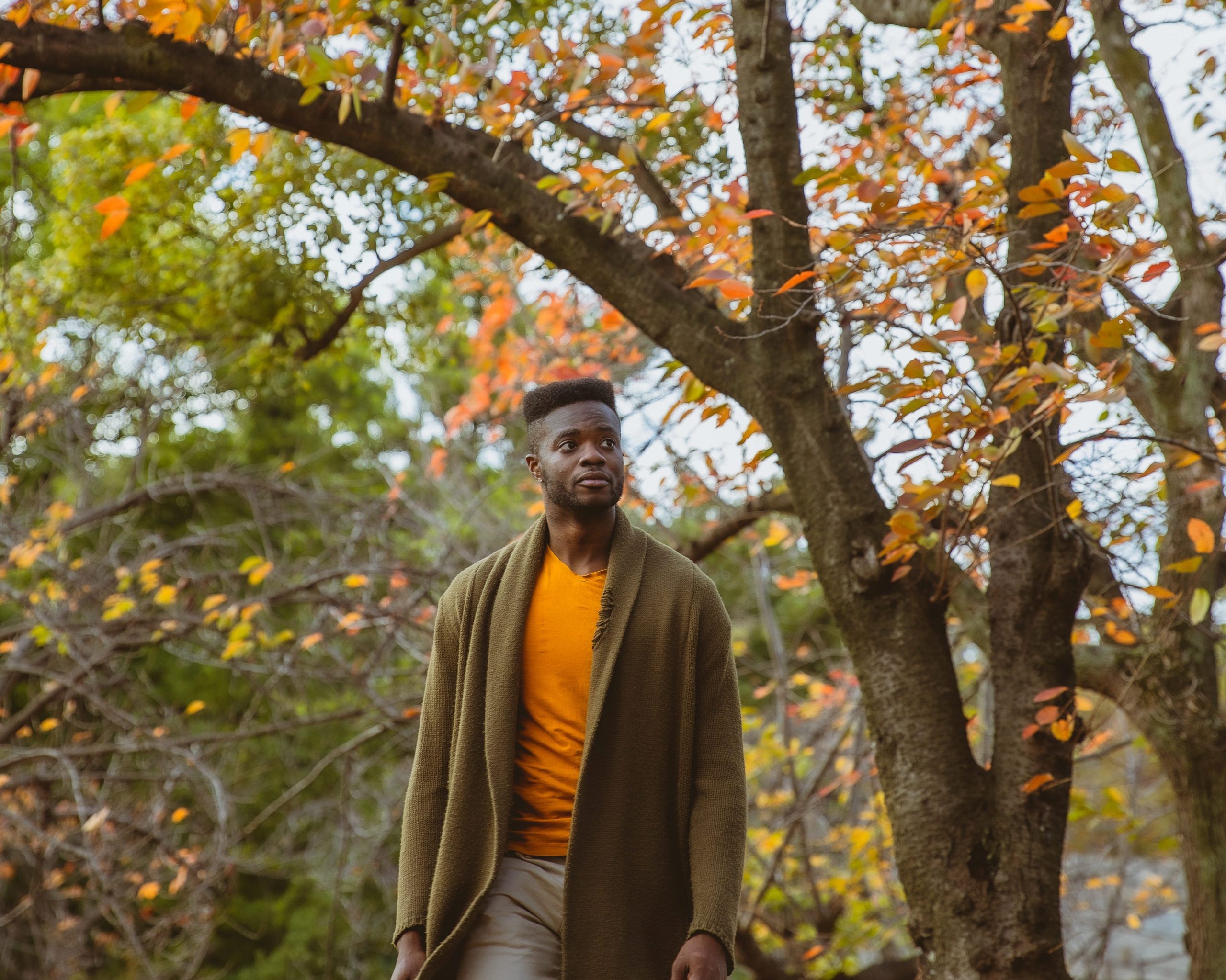
Photo by Ivan Samkov from Pexels.
Closing the Deep Divide that Separates Us
A business colleague posted an article about millennials’ economic future looking bleak. He asked if this generation deserved a break, especially after two recessions, the rising cost of living, and being entrenched in student debt? I started to answer his post until I saw that a millennial had posted the same article. Her plea for a do-over and student loan forgiveness stirred up hundreds of comments from well-meaning people who were very divided in their views. It was a mirror of what’s happening in our world today and the deep division it’s created. In their effort to be helpful, they instead left her feeling judged. Her response that you give me advice without knowing who I am and my situation compelled me to write this article.
The financial inequities we face today and the divisions they are creating are staggering, especially for millennials! According to an article in the New York Times, it’s becoming ever more challenging for young people to accumulate wealth, shaping a future very different than what we once considered the American Dream. Homeownership is increasingly out of reach and rent prices are skyrocketing.
In almost every way possible, millennials in the U.S. are doing worse financially than the generations that came before them. Morning Consult’s quarterly report, The State of Consumer Banking and Payments which tracks evolving financial trends reports that 46% of millennials said their finances control their life (compared to 33% of all U.S. adults) and 45% said that because of their money situation, they feel they will never have the things they want in life.
The financial divide we’ve created between those at the top and everyone else is alarming. Billionaires with unfathomable amounts of disposable income are blasting into space in the midst of a pandemic, as millennials find themselves burdened with overwhelming student loans and barely making rent. When the divide is this deep, it manifests well beyond financial realities, upper vs lower class (the middle is disappearing!) but generationally, between genders, and races. Our experience of life and how we view the world has become radically different as well.
Unfortunately, the generation who’ll be left to deal with the long-term ramifications are millennials, now the largest generation in the U.S. Labor force. As one millennial posted:
“My parents bought their house in 1992 for $200,000. Today it’s worth like 1.2 million. I make more money than they did back then, and I can’t buy a house, but rent is more than their mortgage was.”
Millennials can’t do it alone. In addition to doing what we can to dismantle the structures that create such inequities, they need our support with the daily realities, not our lectures. Yes, every generation had to face challenges that the previous didn’t. They suffered in their own way. But does that mean, because I suffered and came through it, you must suffer, suck it up, figure it out and overcome your challenges?! Hmm……I can hear voices yelling “Yes!!”
Consider this: If we’re going to turn around a society that’s deeply divided so we create a world that we all can live in, it starts with each of us. Can we let go of our right/wrong judgments and instead look within and find our compassion for others, especially our young people that are the future? If we continue to lecture them with our ideas and opinions which we perceive as right, they continually hear that what they’re doing is wrong. This doesn’t open them to new possibilities because they’re too busy defending their position.
What if instead, we surround young people with a community that sees their gifts; that instead of telling them what they’re doing wrong, affirms the gifts we see in them? This opens conversations about how they can use their gifts in ways that can better support them and others. What if in doing this, they begin to come up with the answers to solve their problems and change the world for the better? Can this be a small thing we can do to begin to close the deep divide we’ve created?
As an executive coach, I’ve witnessed the power of seeing the gifts in others – how people feel valued and seen for who they are and do what seems impossible – how it’s turned companies and cultures around that I’ve worked with.
This “seeing” Tony LoRe, founder & CEO of Youth Mentoring Connection calls Sawubona (Zulu for “I see you.”). After seeing its transformational impact on thousands of inner-city millennial youths, I asked him to mentor me. Sawubona and his Gift-Centered Approach (in 30 countries) are closing the divide between at-risk youth who never thought they’d live past 18 to productive citizens, graduating from universities like USC and Harvard. It’s transformed the way I coach executives, so they close the gap between how they connect with and care for their people, especially in a post-COVID world, to how their people respond with the motivation to use their gifts to find innovative solutions – ones that help the company fulfill their mission because they feel seen and accepted for who they are. It’s creating cultures of well-being, purpose, and profits.
How can you close the gap in your own way, so we help our young people create a world we can all thrive in and a shared future that changes our world for the better?
Coaching Strategies With a Call to Action
When people in a community see our gifts, they offer a mirror into who we truly are.
This seeing liberates us into bringing our best self forward.
– Tony LoRe, Founder & CEO, Youth Mentoring Connection
Photo by fauxels from Pexels.
Seeing the Gifts in Others & Empowering Them to Use Them (Practice)
Purpose: To bring the beauty you discovered by doing your practices into your life.
To continually open your heart by looking for the beauty in people by seeing their gifts. In order to do this, you must be present, observant, and be open to the uniqueness of who they are.
How often: Daily
What to do: First, focus this practice on 2 people that are easy to be with and whom you communicate or see often – preferably in person or zoom or on the phone.
- Every day notice, by their actions, their behavior, their mood or attitude…how you feel when you are with them. What is their gift that is trying to come out?
- OPEN YOUR HEART to them.
- Engage COMPASSION – “there before the grace of my higher power go I.”
- Use all of what you’ve experienced on your journey, especially your practice of “Walk in Beauty” to help you to see the gifts in them.

Photo by Ryutaro Tsukata from Pexels.
- REREAD the definition of our gifts. (see below)
- You are on a quest to find their gifts.
- Remember: The behavior is not the gift. The behavior points to the gift. For example, if someone is always doing research, their gift may be that they are analytical. If a person meets their deadlines consistently, their gift may be that they follow through on their commitments or their gift may be that they are driven.
Next level: Next, find ways to support them in their gifts so those gifts come fully forward. With your people, it may be mentoring them, so their gifts are more fully developed or just appreciating their gifts (giving them kudos when you notice the gift) so they are encouraged to do more of what works. With your peers, it may be acknowledging their gifts so you can now see them through a filter of compassion rather than judgment.
Next level: This allows you to then come up with a more supportive way to ask questions about areas that don’t make sense or that you disagree with. Next, focus this practice on people that may be challenging to be with or that may trigger you in your life. ASK: What is the gift that is trying to come out? especially in behavior that you consider to be “bad behavior.”
Remember: Every behavior is an attempt to get closer to our gifts and have them validated. If you truly care about someone, you will find a way to be with them, understand them and accept them for who they are.
GIFT: A gift is what we were born to bring naturally into the world. It’s just who we are. It’s different than a strength. A strength we work hard at to be competent in. We can get so good at something that it appears to be a gift. But the difference is that a strength takes energy and effort whereas a gift fills us with energy and is effortless.

We use cookies to give you the best possible experience on our website. Learn more.